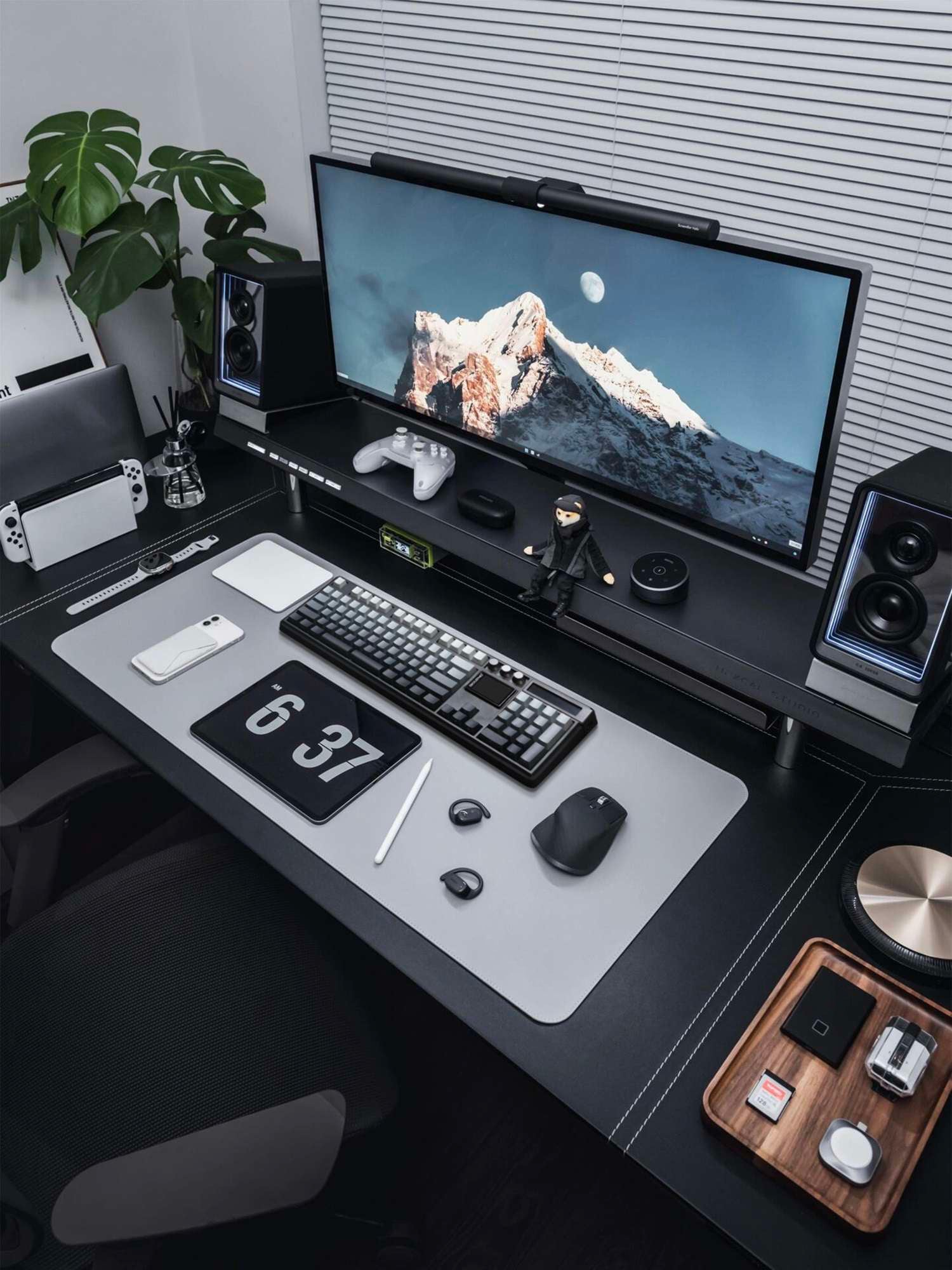Are you struggling with lag, frame drops, or slow load times while gaming? Whether you're into fast-paced shooters or open-world RPGs, optimizing your PC can make a huge difference in your gaming experience. In this guide, we’ll show you how to get the best possible performance out of your gaming rig.
Why PC Optimization Matters for Gamers
Gaming requires a lot of system resources. If your PC isn't properly optimized, even the most powerful hardware won't perform at its best. Optimization helps to:
-
Increase FPS (frames per second)
-
Reduce input lag
-
Shorten load times
-
Improve overall system responsiveness
Let’s dive into the steps you can take to optimize your PC for gaming.
1. Update Your Graphics Drivers
Outdated graphics drivers can severely impact your gaming performance.
How to update:
NVIDIA users: Go to GeForce Experience
AMD users: Download the latest drivers from AMD’s official site
Make sure to check for updates regularly or set up automatic updates.
2. Adjust In-Game Graphics Settings
High-resolution textures, anti-aliasing, and ray tracing can be performance hogs. Adjust your game settings for the best balance of visuals and performance.
Pro tip: Use built-in benchmarking tools (if available) to test settings changes.
3. Enable Game Mode in Windows
Windows 10 and 11 have a built-in Game Mode that prioritizes system resources for gaming.
To enable:
Go to Settings > Gaming > Game Mode
Turn it On
This reduces background processes and improves game responsiveness.
4. Disable Background Apps
Background applications like Discord overlays, web browsers, or updaters can use valuable CPU and RAM.
How to manage:
Press Ctrl + Shift + Esc to open Task Manager
End non-essential processes
Use MSConfig to disable startup apps
5. Upgrade Your Hardware (If Needed)
Sometimes software optimization isn’t enough. Consider upgrading if you're bottlenecking performance.
Key upgrades:
GPU: Essential for rendering high-quality graphics
RAM: At least 16GB is recommended for modern games
SSD: Faster load times compared to HDD
CPU: Multicore processors help with multitasking and modern game engines
6. Clean Your PC – Physically and Digitally
Physically:
Dust buildup can overheat components, causing thermal throttling.
Use compressed air to clean fans, CPU coolers, and vents.
Monitor temps with tools like HWMonitor or Core Temp
Digitally:
Run Disk Cleanup
Defragment HDDs (not SSDs)
Uninstall unused software
7. Overclocking – Boost Performance (With Caution)
If you know what you’re doing, overclocking your CPU and GPU can give a noticeable performance bump.
Tools to use:
MSI Afterburner (GPU)
Intel XTU or AMD Ryzen Master (CPU)
Note: Overclocking can void warranties or damage hardware if not done properly.
8. Optimize Network for Online Gaming
For competitive gamers, latency can make or break a game.
Use an Ethernet connection instead of Wi-Fi
Choose servers with the lowest ping
Close other devices or apps using bandwidth
Consider a gaming router or QoS settings
Final Thoughts
Optimizing your PC for gaming doesn't always require expensive upgrades. Often, a few smart tweaks to your software, settings, and environment can dramatically improve your gaming performance. Stay updated, stay clean, and stay ahead of the game.






